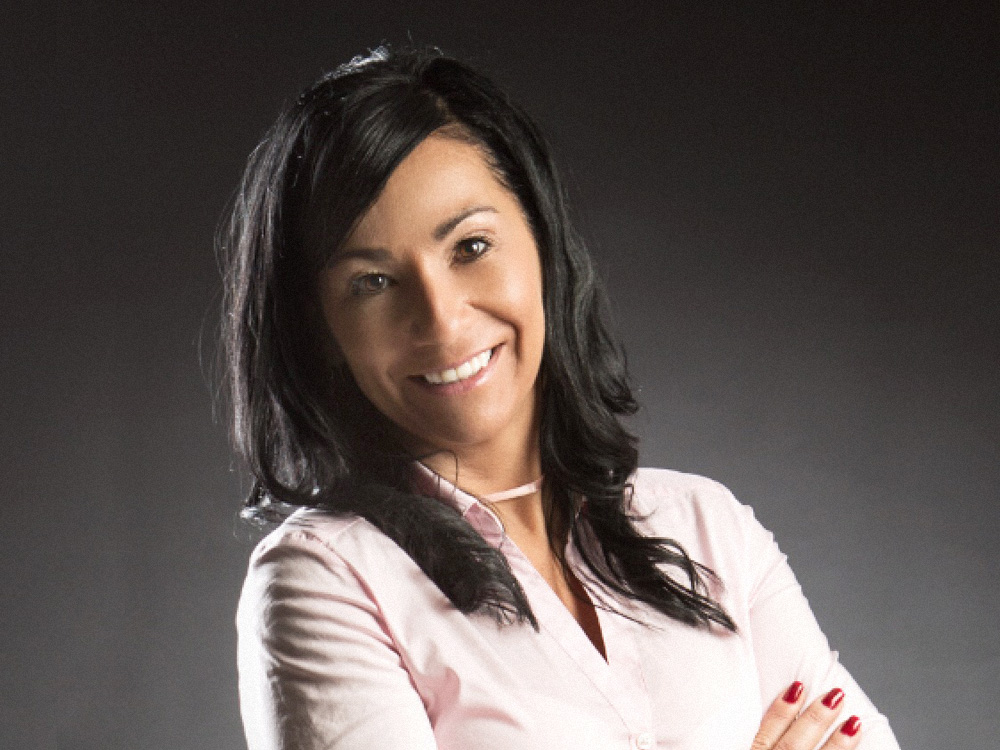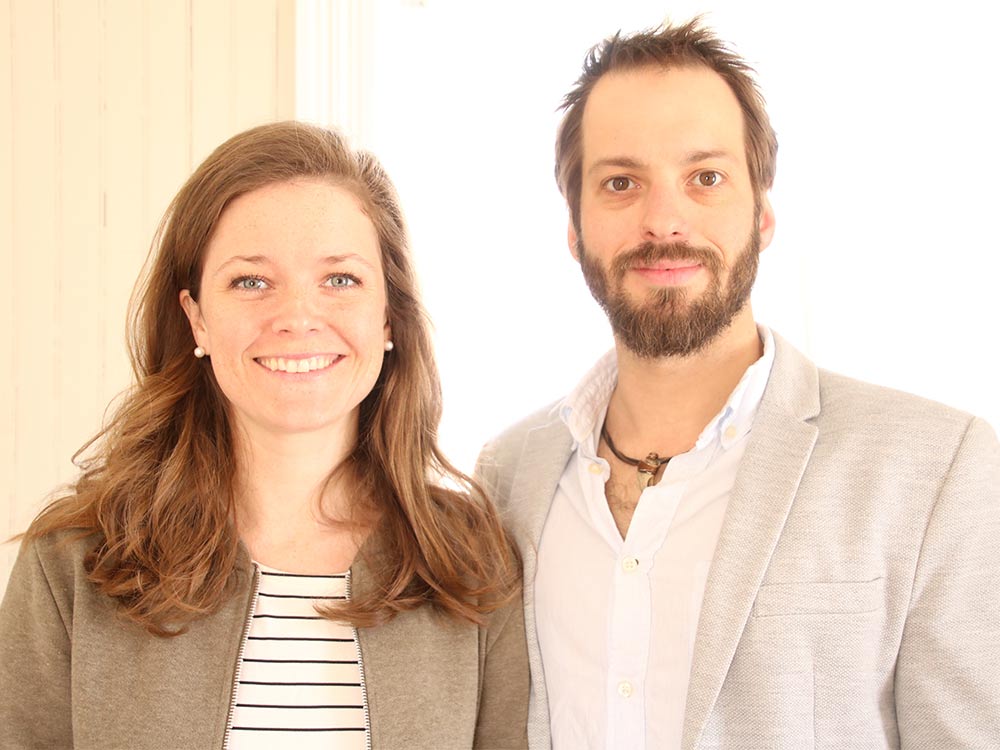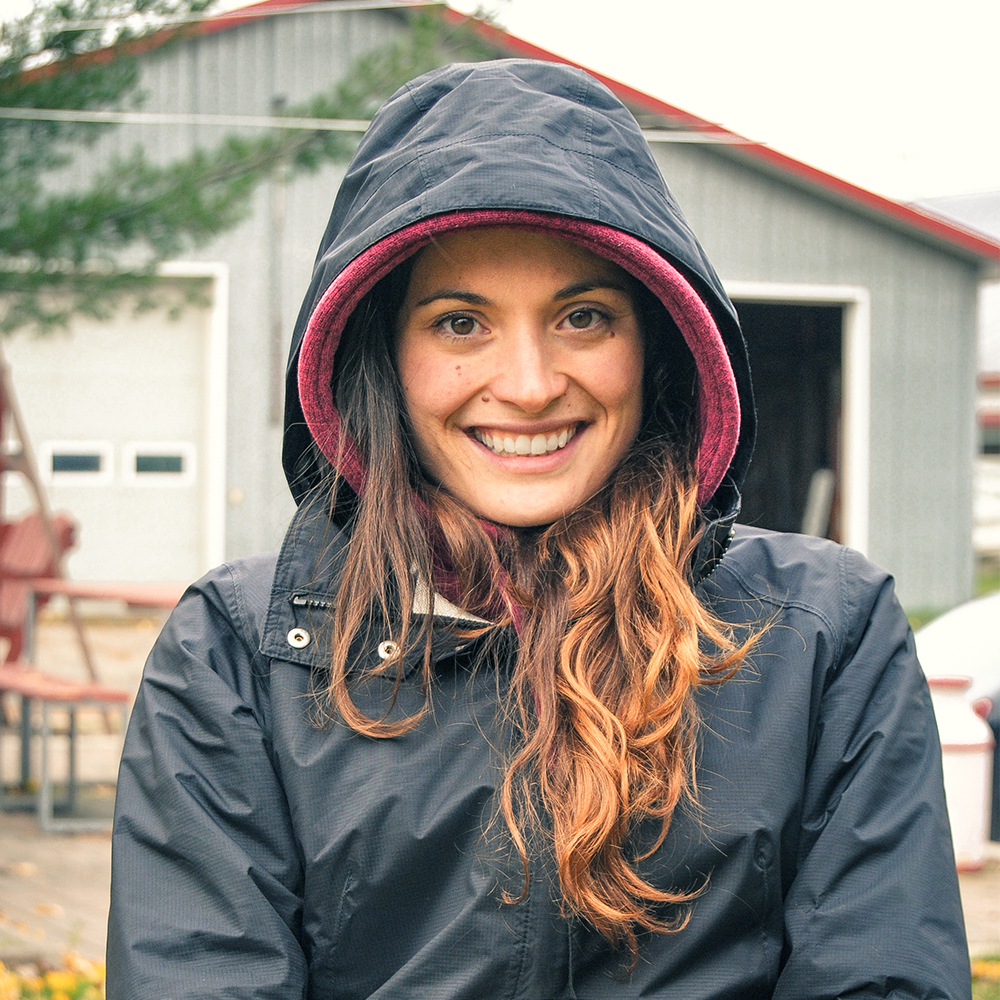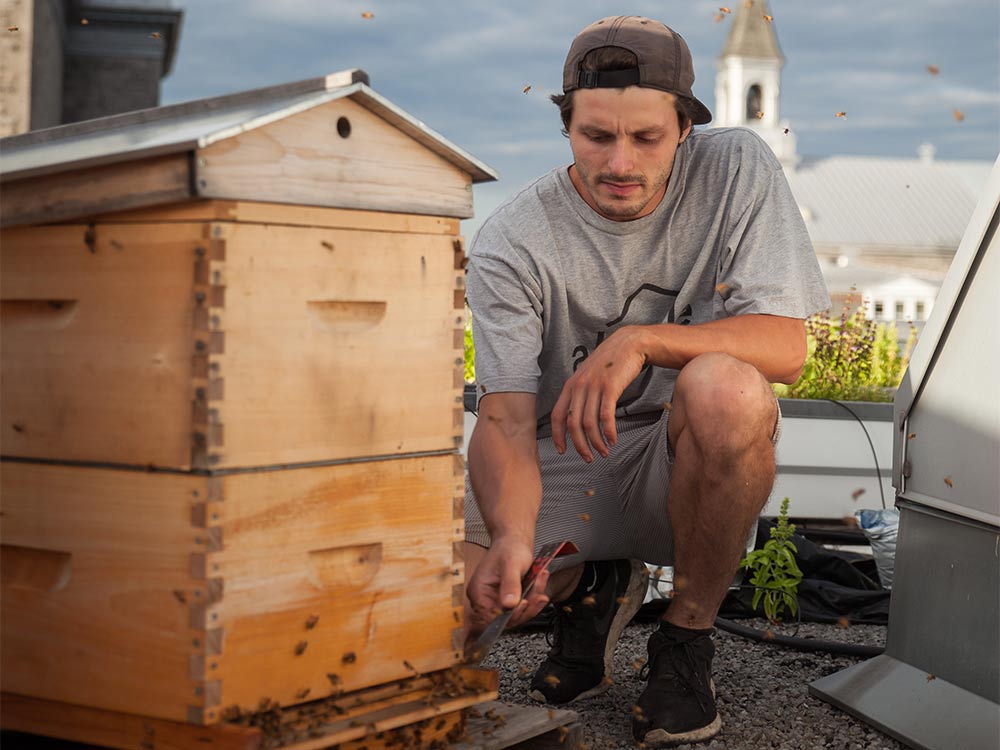
Inukshuk Synergie: Collaboration with indigenous communities
Mélanie Paul’s Story
During her childhood spent in Mashteuiatsh, Mélanie Paul was anything but deprived. But she did get a view of poverty up close. “I remember a neighbourhood kid came to our house one morning and asked my dad if he could do some kind of work for him in exchange for a piece of toast for breakfast. Witnessing that kind of situation every day affects you. I couldn’t stay indifferent to it and that spurred me to do something about it.”
Keeping it in the family
Her first move to remedy the situation was to study towards a career in social services. However, in 2002 her father asked her to help out with the family business, Groupe ADL, which invested in companies in a variety of sectors (such as tourism, construction and others).
“My father asked me to help him specifically because of my skills in social services. He said to me, ‘We want to help people too. We want to help them build a sense of pride through work and break the cycle of poverty.’”
So Paul decided to give it a try. At first she worked closely with the company’s human resources department to support and guide employees dealing with addiction. “By helping them stay employed, I was hoping to help them retain a sense of dignity and thereby avoid other problems, like suicide or violence.”
See also: Seven social entrepreneurs who make a difference
Evolution through improvement
As she progressed through the ranks of the company, the single mother of three (today aged 23, 17 and 13) had more opportunities to improve her skills.
After taking a course in management and administration at the Université de Québec in Chicoutimi, she enroled in the École d’Entrepreneurship de Beauce (EEB) in 2013. There she met ex-RONA president Robert Dutton, who remains an influential figure in her life to this day. “My first mentor was my father, but Mr. Dutton was the second.”
The EEB program was a formative experience for her. “That’s where I learned the full potential and positive effect a business model could have. It was where I developed a whole new view of business.”
A commitment to her community
Out of this new understanding as well as skills acquired while working at Granules LG, a maker of wood pellets and a Groupe ADL partner, Paul launched Inukshuk Synergie in 2016. Currently in start-up phase, the company aims to provide turnkey services in energy (electricity and heating) to communities and organizations located beyond the electrical grid.
“The idea is to replace fossil fuels with a renewable energy source: wood pellets. This is accomplished through our own structures, which allows us to offer a collective and circular economic model, where we are creating jobs and sharing the profits with the community, as well as having positive effects on the environment. Right now we’re working on a number of projects that should be ready by 2019,” explains the forty-something, who in addition to being president of Inukshuk Synergie is also still vice-president at Groupe ADL and Granules LG.
As her region’s ambassador to the Conseil du patronat du Québec, Paul was approached by the provincial government in 2015 and asked to create a guide to be used by Quebec businesses that wanted to establish partnerships with First Nations. It was a project that was especially close to her heart, since it allowed her to help indigenous communities at a more extensive level. “I’m so proud that I have achieved the dream I had as a child... It’s not exactly the American dream, but it’s my indigenous dream,” she says.
The company in numbers:
- $20 M: Granules LG’s annual revenue
- 120,000: Number, in metric tons, of wood pellets produced each year by Granules LG
- 55: Current number of employees at Granules LG. Twenty are indigenous people.
Want to learn more?
Visit the Inukshuk Synergie and Granules LG websites


